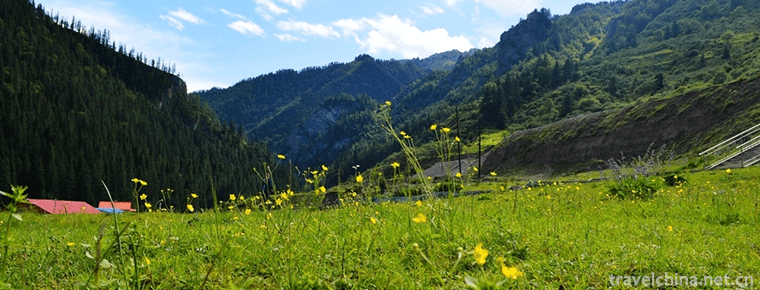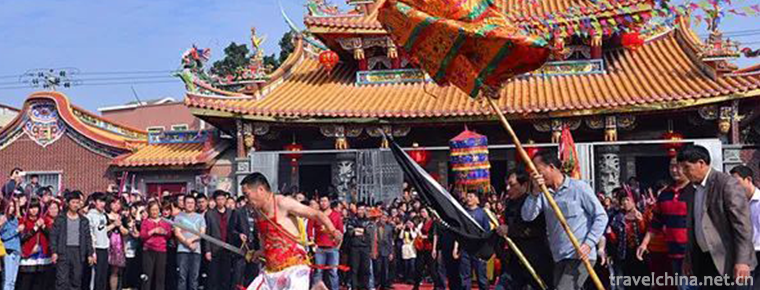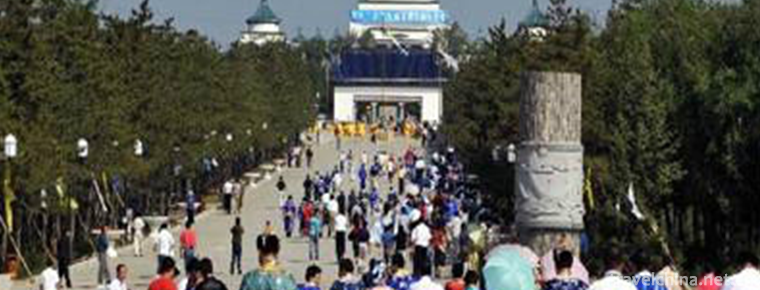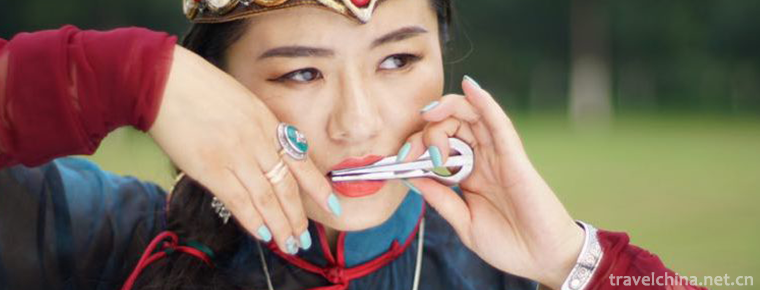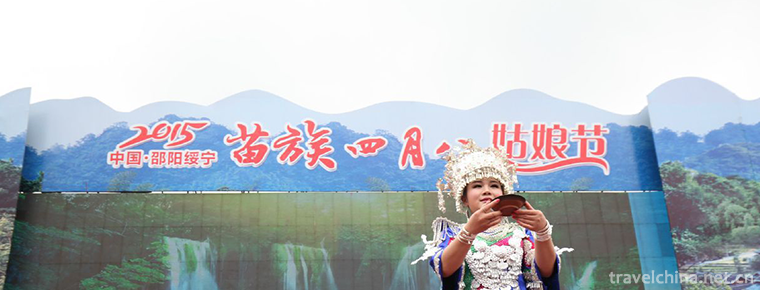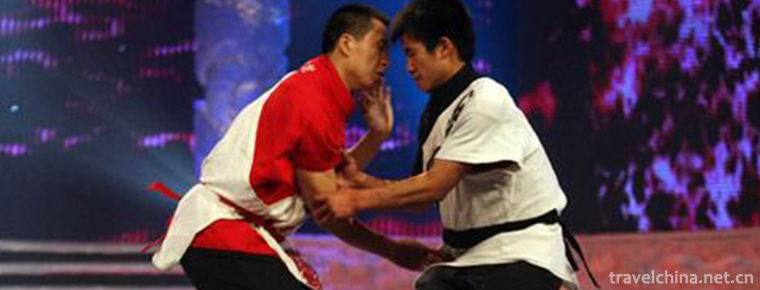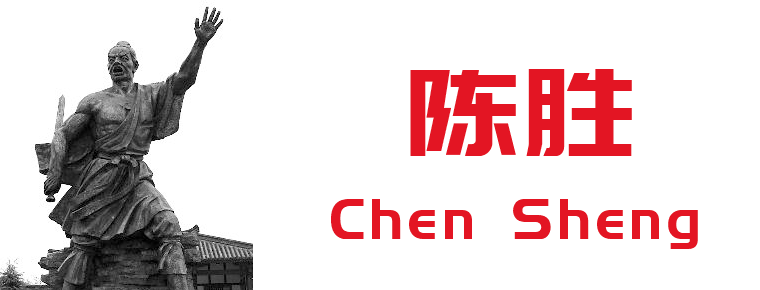Quwoqin Books
Quwoqin Books
Quwo Qinshu is a kind of local traditional folk art form which was formed and mainly popular in Quwo County in the south of Shanxi Province and its adjacent areas of Shanxi, Shanxi and Henan provinces. Because of the alternate rhythm accompaniment of octagonal drum and cymbal, it was formerly called "Drum Book" or "Hinge Book". It is generally believed that during the Daoguang period of the Qing Dynasty, "Yue Diao" (also known as "Moon Diao"), introduced from Nanyang, Henan Province, evolved in combination with local dialects and minors. It has a history of about 130 years.
On May 23, 2011, the Quwo Qin Book declared by Quwo County, Shanxi Province, was approved by the State Council and listed in the third batch of national intangible cultural heritage list.
artistic characteristics
The performance form of Quwo Qinshu is rap and singing, mainly singing, using Quwo dialect. In the early period, most of the performances were accompanied by bangles in one hand, sitting and singing in Quwo dialect, self-pulling four-bearded wooden fish on foot, or one-handed playing of the violin and one-handed playing of the bangles. Later, there were many partners performing. The lyrics are mainly composed of seven-character sentences, four sentences as a paragraph, and even sentences rhyme. The aria belongs to a mixture of plate and plate. It has two kinds of aria tunes, namely "hinged chamber" and "drum chamber". The two kinds of tunes are different in pitch, so they need to be changed in alternate singing. In addition to octagonal drums, small hinges and wooden fish, accompaniment instruments can also include four hu, yangqin, banhu, three strings, flute, erhu, etc.
Current situation of inheritance
Linfen is a big city of cultural resources. In 2005, the city established the intangible cultural heritage protection center, following the guidelines of "protection first, rescue first, rational utilization, inheritance and development", after several years of hard work, "non-heritage" protection work has made breakthroughs. In this year's third batch of national intangible cultural heritage publicity list, our city has nine more lists on the list. Quwoqin is one of them.
Since the 1990s, with the death of old artists, only a few young artists still perform, with fewer inheritances, fewer performances and less influence. Their values and functions can not be fully demonstrated. They are on the verge of disappearance and need urgent rescue and protection. Nowadays, many performances of Quwoqin books only show a small part of the contents of Quwoqin books. In fact, there are many contents that can be excavated, such as its lyrics, tunes and so on. It can integrate the forms and contents of performances popular with modern peasants into traditional programs, making its performances more unique and vivid, and making Quwoqin books circulate for a long time.
In recent years, a lot of fruitful work has been done in the inheritance and protection of Quwoqin books. In addition to the establishment of Quwo County's "intangible cultural heritage protection center", which guarantees the necessary working mechanism for the protection of Quwo Qinshu, two folk Quwo Qinshu performance clubs have been organized to organize young artists to learn the performance of Qinshu, so that this ancient form of performance can be inherited and developed. Fortunately, there are always some young people in Quwo, which has thousands of years of cultural accumulation, and they still love Quwoqin books. Chang Weixin is a native Quwo. After graduating from high school in 1992, he Songqing, the uncle of Quwo County Qinshu Team, studied Quwo Qinshu performance. The performances include "Pillow Playing", "Baogong Case", "Five Girls Salute Their Birthdays", "Two Little Curses to Parents" and so on. In 2007, at the Spring Festival Literature and Art Festival in Quwo County, he won the first prize for his self-compiled Quwo Qin book "Battle Fenhe". Chang Weixin now sells cosmetics in Gaoxian Town of Quwo. But whenever there was a performance of Quwoqinshu, she would put down her business and go out to perform. When it comes to the inheritance and protection of Quwoqin books, Chang Wei-xin has his own worries: life is getting better and better, people's ways of entertainment are more and more, and Quwoqin books lack innovation, singing tune, content and form are relatively single and stereotyped, and there are not many teams who can really sing excellent works, so it is difficult to adapt to the aesthetic needs of modern people. At the same time, the inheritance of Quwoqin books is scarce, so the protection work is imminent. Chang Weixin said that many performances of Quwoqin books now only show a small part of the contents of Quwoqin books. In fact, there are many contents that can be excavated, such as its lyrics, tunes and so on. It can integrate the forms and contents of performances popular with modern farmers into traditional programs, making its performance form more unique, more vivid, so that Quwoqin books can be excavated. It has been circulating for a long time.
Inheritance Significance
Quwo Qinshu's traditional programs are relatively rich. There are long books drawn from classical novels, novellas created by literati and ink writers, short books drawn from folklore and myth stories, and small book caps with humor and wit. Generally speaking, cultures deposited by history are the best cultural heritage. Quwoqin book not only has a history of more than 130 years, but also many excellent traditional programs created and developed by artists of past dynasties, which embodies the life attitude, aesthetic taste and ideal of local people. Quwoqin book is rich in historical and cultural content, and is also a fine work of local folk art.
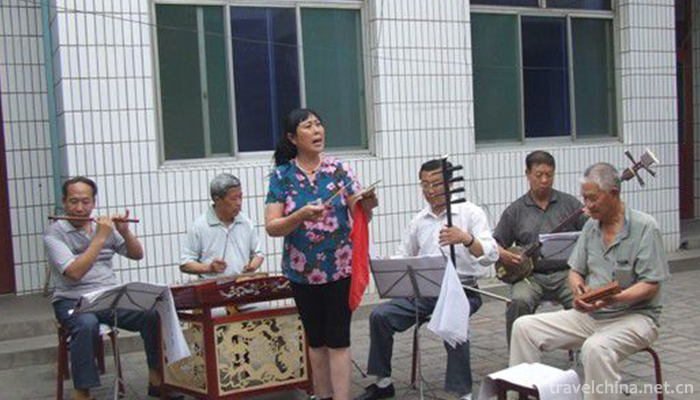
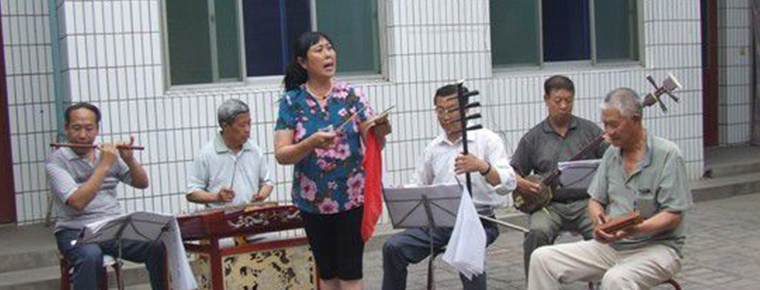
Quwoqin Books
-
Yin and yang
There are three characteristics of yin yang philosophy: unity, opposition and interaction. In thinking, it is an inseparable node of arithmetic and divination.
Views: 388 Time 2018-11-13 -
Shanghai Park Hyatt Hotel
Shanghai Park Hyatt Hotel is an exquisite modern Chinese-style residential hotel, located on the 79th to 93rd floors of Shanghai Global Financial Center, known as the Vertical Comprehensive Urban Area
Views: 212 Time 2018-12-16 -
Qiankun Bay Scenic Area
Qian Kun Wan Scenic Area is located in Qian Kun Wan Town, Yanchuan County, Yan'an City, Shaanxi Province. It faces the Yellow River to the East and Yonghe County, Shanxi Province
Views: 218 Time 2018-12-22 -
Dayugou Scenic Area
Dayugou Scenic Area is located in Dayugou, Muer Township, Zhuoni County, Gannan Tibetan Autonomous Prefecture. It is 12 kilometers away from the county seat and has a total area of 105214.6 hectares.
Views: 199 Time 2019-01-07 -
The Religion and Customs of Baosheng Emperor
Baosheng Emperor, also known as Wu Zhenren, was born on March 15, 1979, in Baijiao Village, Tong'an County. Since his childhood father died of illness
Views: 225 Time 2019-04-04 -
Genghis Khan Festival
Genghis Khan's sacrifice is a Mongolian custom of offering sacrifices to Genghis Khan. It originated in the Wokuotai era, and was formally issued in the Kublai Khan era. It stipulated various sacrific
Views: 195 Time 2019-04-18 -
Jiangxi opera
Gan Opera is a traditional opera which sings high-pitched, random-play, Kun Opera and other tunes in a multi-tone way. The dialect used is Gan dialect. Its origin and predecessor
Views: 109 Time 2019-04-30 -
Chord music
The mouth string is also known as the sounding strip, the strip spring and the mouth spring. It is a small musical instrument which is deeply loved by the minority compatriots. The content of playing
Views: 236 Time 2019-05-10 -
April Eighth Girls Day of Miao Nationality
"Girl's Day" originated in memory of Yang Bamei, a heroine. Legend has it that in the Northern Song Dynasty, Yang Wenguang, a famous general, was ordered to be plain and barbarous. After def
Views: 217 Time 2019-06-05 -
Back to back entanglement
Tongbei Bianquan, also known as Hongdong Tongbeiquan, is a complete and systematic set of traditional boxing. It combines the advantages of both inside and outside. It is divided into mother boxing an
Views: 146 Time 2019-06-21 -
Chen Sheng
Chen Sheng? In the first 208 years), Yangcheng (now Southeast of Dengfeng, Henan) To talk about southwest of Shangshui County in Henan today People. One of the leaders of the peasant uprising in the l
Views: 224 Time 2019-09-07 -
Mount Fulai
Mount Fulai is one of the top 40 tourist attractions in China. It is 27 kilometers away from Shunan Bamboo Sea central scenic spot and 10 kilometers away from qidonggou, a 4A tourist attraction. It is composed of more than 80 hills.
Views: 180 Time 2020-10-16



